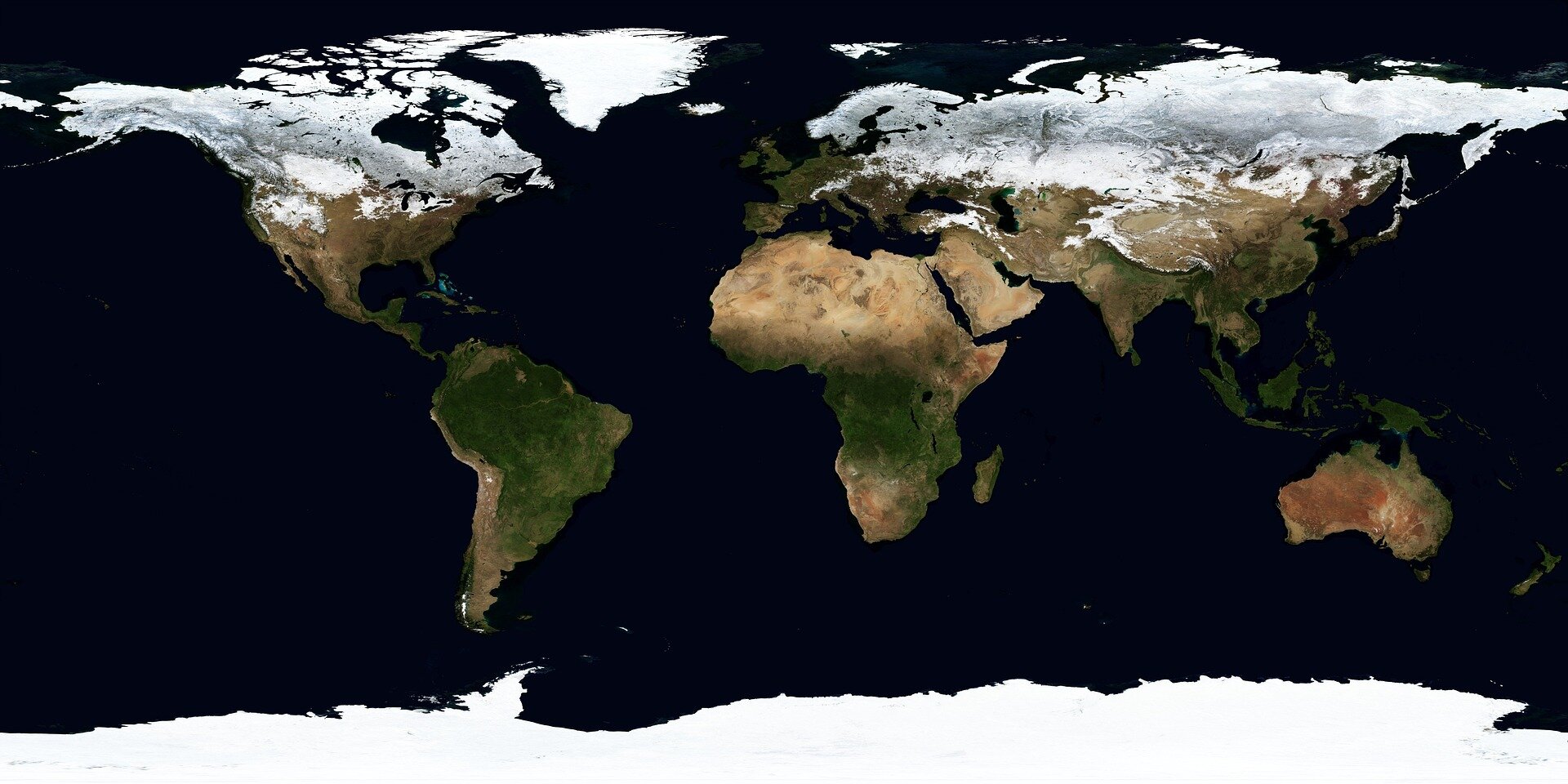Using an extensive computer simulation of the climate, the global economy and the global energy system, researchers at Paul Scherrer Institute (PSI) have been analyzing different ways of mitigating climate change, together with colleagues from the US, China, Ireland, Finland and Sweden.



They do discuss several commonalities in the paper.
https://www.sciencedirect.com/science/article/pii/S0301421523002276?via%3Dihub
Nice! I haven’t dived into the paper yet so I wasn’t sure. Glad to see they’ve already looked into that.